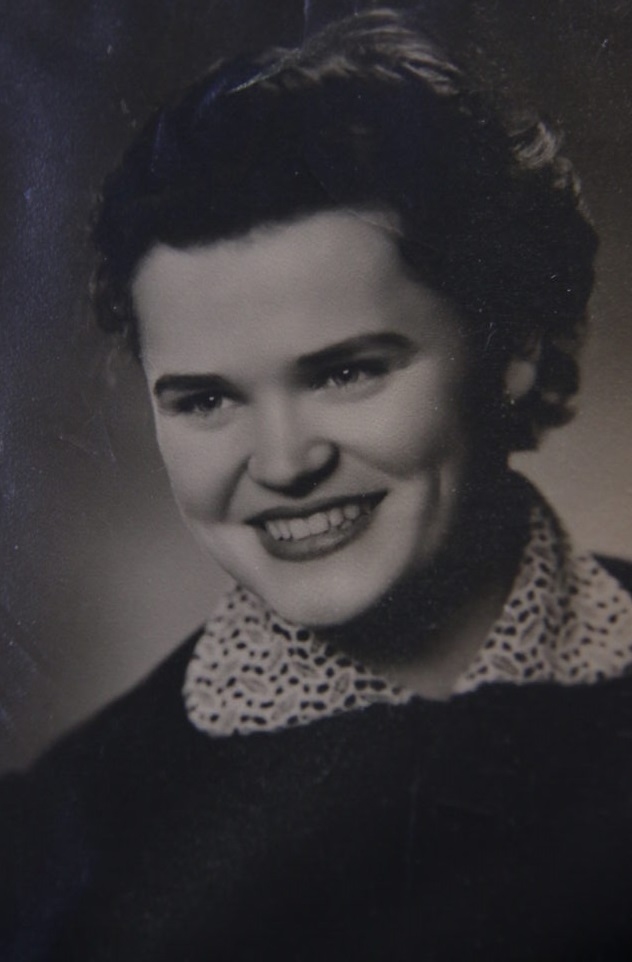My mother, me and the neighbors hid in the attic from the Soviet soldiers.

Stáhnout obrázek
Markéta Formanová, née Köhlerová, was born on 17 December 1937 in the village of Heřmanice (German: Hermsdorf) into the German family of Otto and Anna Köhler. The family owned a large farm, on which she grew up. At that time, the farm was very modern, which was evidenced by the fact that, in addition to quality breeding horses, her father also owned modern agricultural equipment, which he used when working in the fields. After the end of the Second World War, the family of the witness, as well as the rest of the German population, was to be deported. However, the father applied for the so-called anti-fascist certificate for the family. They were granted thanks to the fact that the father‘s family hid resistance fighters in nearby Polni Domce, where Otto Köhler came from, during the war. However, the negative experiences of the end of the war did not escape the family. For example, the Köhler family faced attempts of looting by Soviet soldiers. In 1947, they had to leave the homestead and move to the nearby village of Zdislava, and from there to Jablonné v Podještědí, where Markéta Formanová started attending a Czech school without knowing Czech. She continued her studies in Liberec at the Business Academy. From her youth she was active in sports and thanks to this she took part in the 1960 Spartakiada in Prague at Strahov. In the early 1960s she married and the couple had two children: an older daughter Markéta and a younger son Otto. She lived through the invasion of the Warsaw Pact troops in Jablonné v Podještědí, when she witnessed the troops marching through the town towards Mimoň. In 2024, Markéta Formanová lived in Jablonné v Podještědí. We were able to record her story thanks to the financial support of the town of Jablonné v Podještědí.





